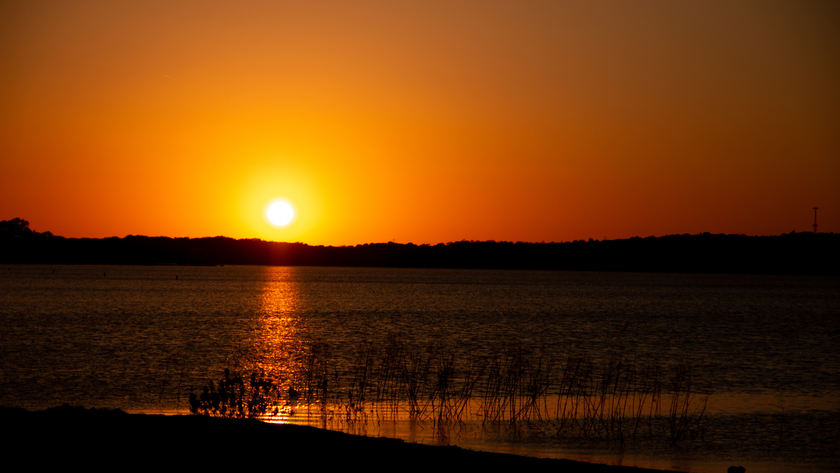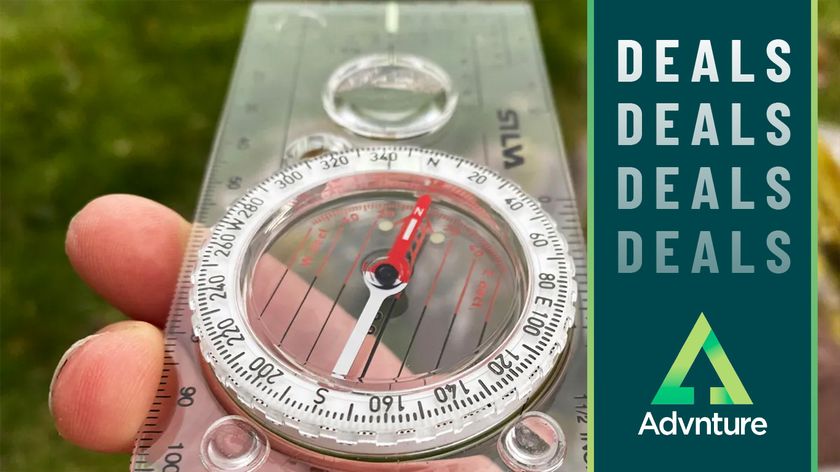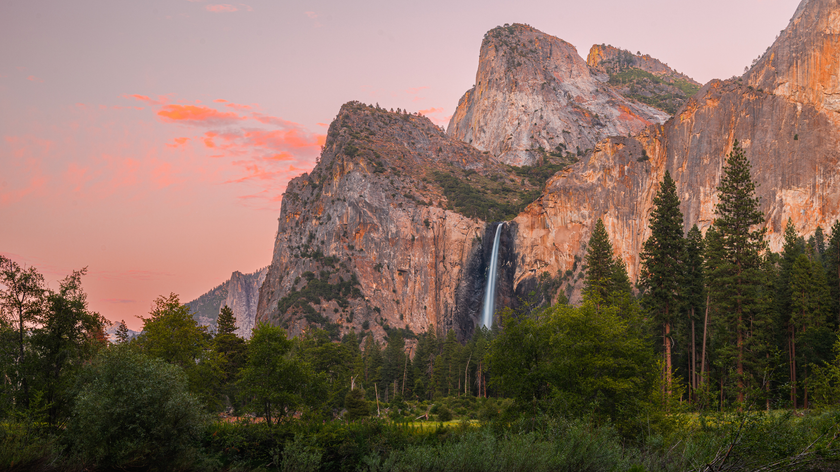Work to clean up polluted wild swimming spots in jeopardy, campaigners say
Pressure groups warn of lengthy delays to river clean ups due to government red tape
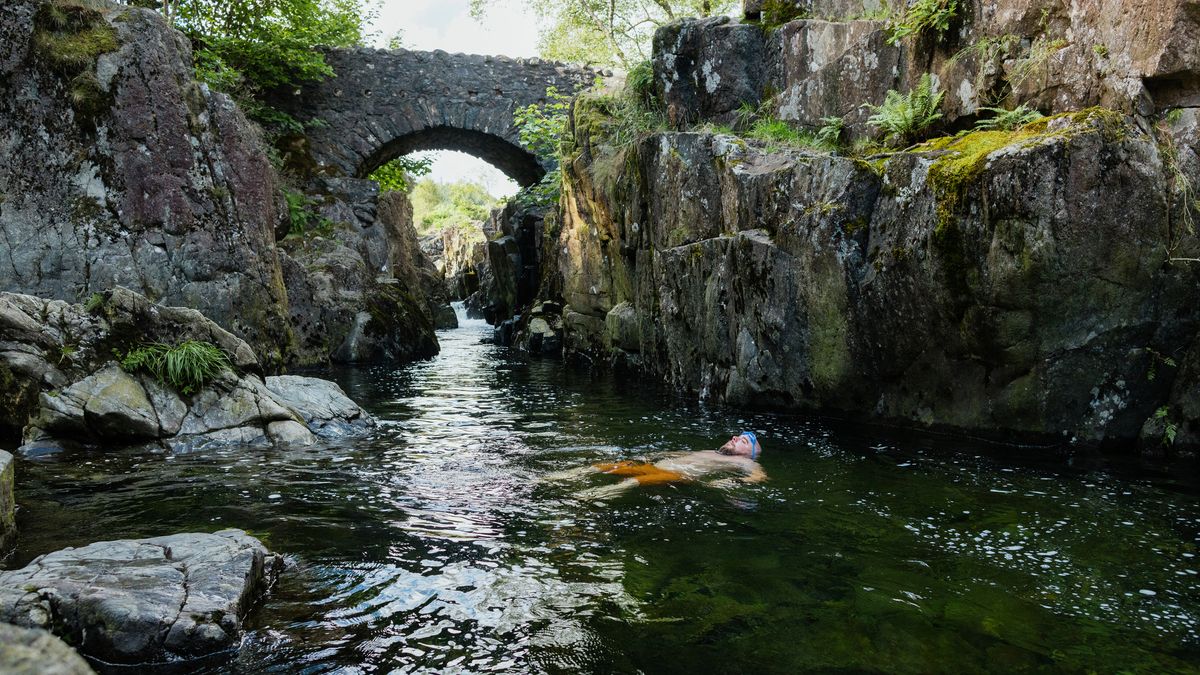
Work to clean up polluted swimming spots in England and Wales has been dealt a massive blow, campaigners say.
Pressure groups have been applying for ‘bathing water status’ for popular lakes and rivers. Getting the official designation means the water has to be tested, sources of pollution traced, and a plan put in place to make the water safe to swim in.
But now all applications for bathing water status have been paused until spring 2025, delaying the possibility of further sites being cleaned up.
This year, 27 new spots with bathing water status were announced in the UK, including 12 river sites. They will be tested by the government’s Environment Agency between now and next spring and if the water is found to breach safe levels for E coli and intestinal enterococci then any polluters identified, including water companies and local farmers, will have a legal obligation to help eradicate the problem.
Normally groups applying for bathing water status for a new location carry out surveys and consultations during the bathing water season (from May to September), to show proof that the site is already popular with swimmers and suitable for people to use. They then submit their application in the autumn, by the end of October.
But the government says applications for new sites need to stop because it’s reviewing the rules around bathing water status and how to apply for it. No firm date has been set for when applications will reopen again, but the ban will impact those trying to get local wild swimming spots cleaned up by using the process.
Stephen Haywood of the waterways charity Thames 21 told the Guardian: “This will delay new sites being created for at least two years. It is pushing this issue away into the future. If a bathing water site is found to be poor quality, the Environment Agency has to mount an investigation and the water company will have to do something about the pollution.”
Advnture Newsletter
All the latest inspiration, tips and guides to help you plan your next Advnture!
Currently only 16% of rivers in England pass tests for good biological status and none pass tests for chemical pollution.
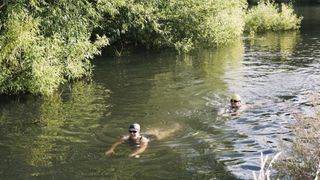
Water companies responsible for treating wastewater and producing drinking water routinely open 'storm overflows' and release untreated wastewater when it rains into the UK's river systems. The number of hours companies released sewage in this way increased by 105% from 2022 to 2023, with wastewater pouring into British waterways for a total of 3.6 million hours, at an average of almost 8 hours per incident.
At the same time, one-off pollution events have led to private companies like Thames Water, which supplies drinking water and treats wastewater, facing massive penalties. Prosecutions of Thames Water for 12 separate pollution incidents have led to fines totalling £35.7m (GBP) between 2017 and 2023.
Tessa Wardley of the Rivers Trust said that there was no need to stop applications for bathing water status while the application system is being reviewed.
She told the Guardian: “It’s extremely disappointing for the community groups, including the Rivers Trust, who have been working extremely hard to gather data and evidence on the basis that they could submit applications this year.
“The delay will mean that these sites are not a priority for storm overflow investment in water company plans, will not be subject to investigation until they are designated [with bathing water status], and will not be monitored by the Environment Agency during the bathing water season, leaving river users at unknown risk for several more years.”
Bathing water status is granted by the government’s Department for Environment, Food & Rural Affairs (Defra).
In a statement Defra said: “The Bathing Water Regulations and application guidance are currently being revised. During this time, Defra is not accepting applications for bathing water designation. We expect to begin accepting applications again in spring 2025.”
- How to stay safe in open water: wild swimming for beginners
- The best wild swimming spots: find the perfect place to take the plunge near you
- Surfers Against Sewage real time UK sewage and pollution map - check coastal water pollution in your area

Rosee Woodland developed a taste for adventure at a young age, growing up in a home where camping was the default holiday, and good weather was a vacation bonus rather than a necessity. After bike-packing the length of France in her mid teens with her family, she started to undertake solo forays in her 20s, usually without the benefit of much technical gear at all. Happily, the years she later spent as a mountain biking journalist eventually gave her an appreciation of decent kit! These days she loves a water-based adventure, and is an outdoor swim coach, and a keen free diver. She has a soft spot for Northern Ireland's Mourne mountains, and can also be found hiking and kayaking in Pembrokeshire and the South West of the UK.
